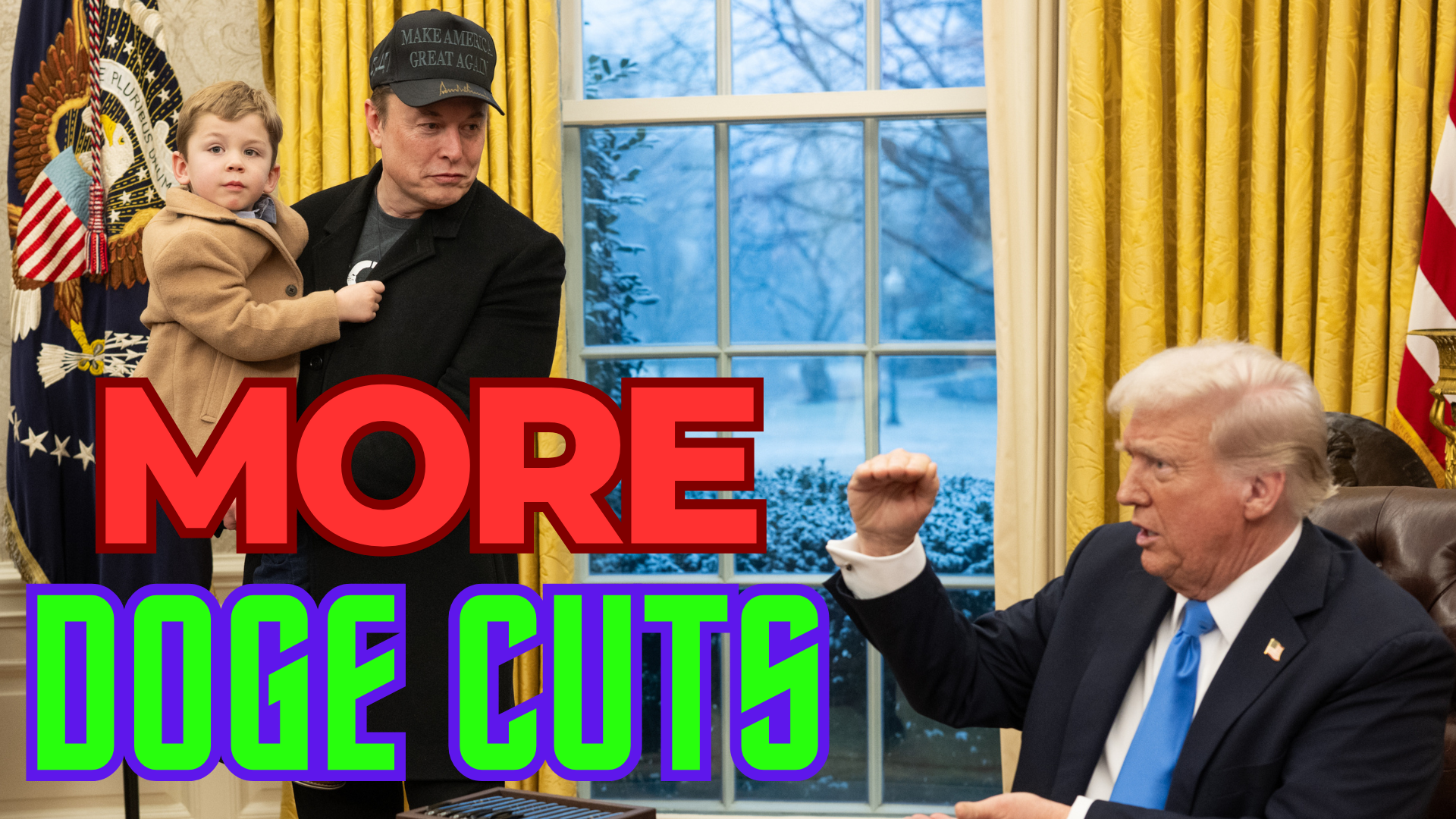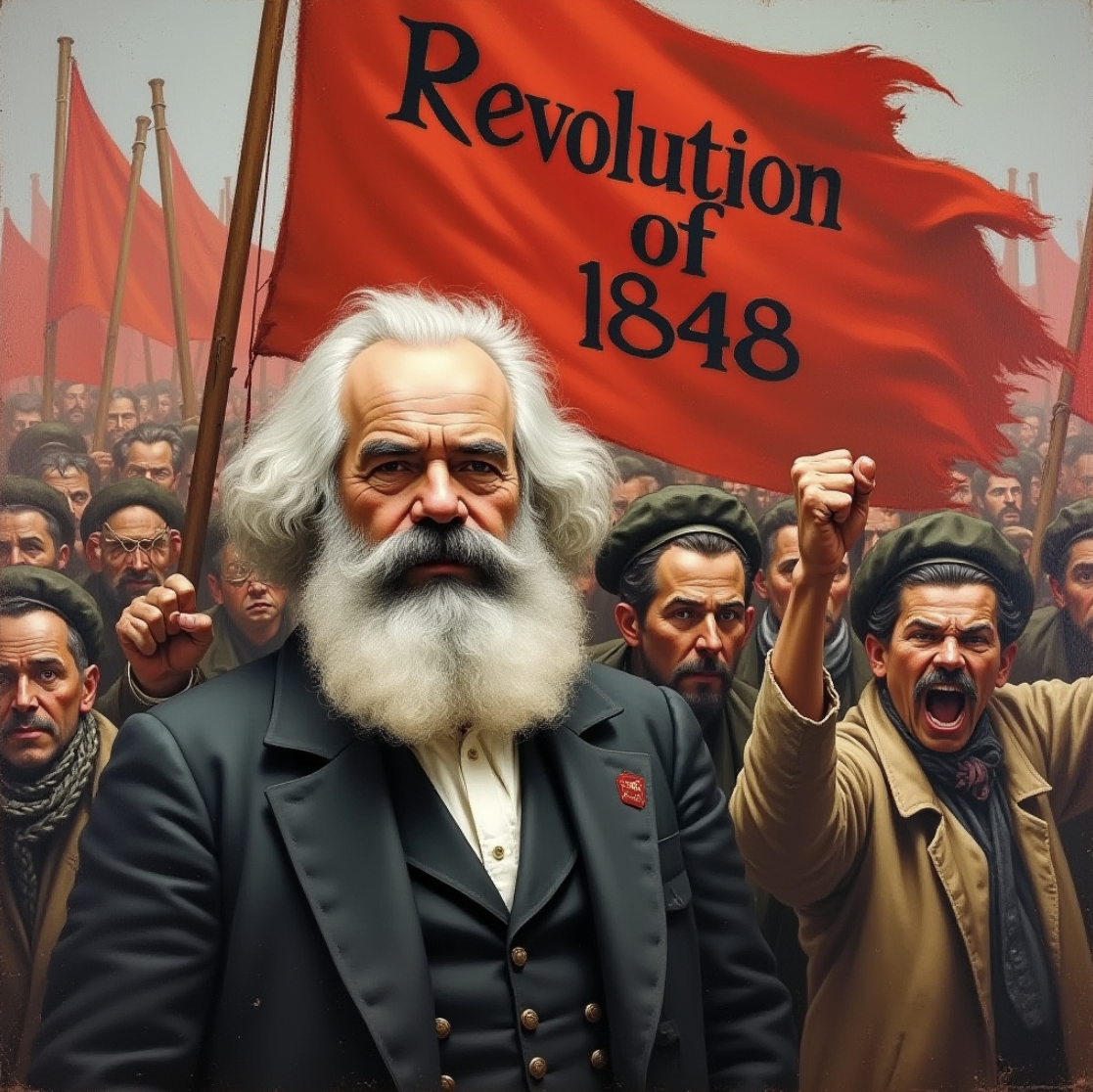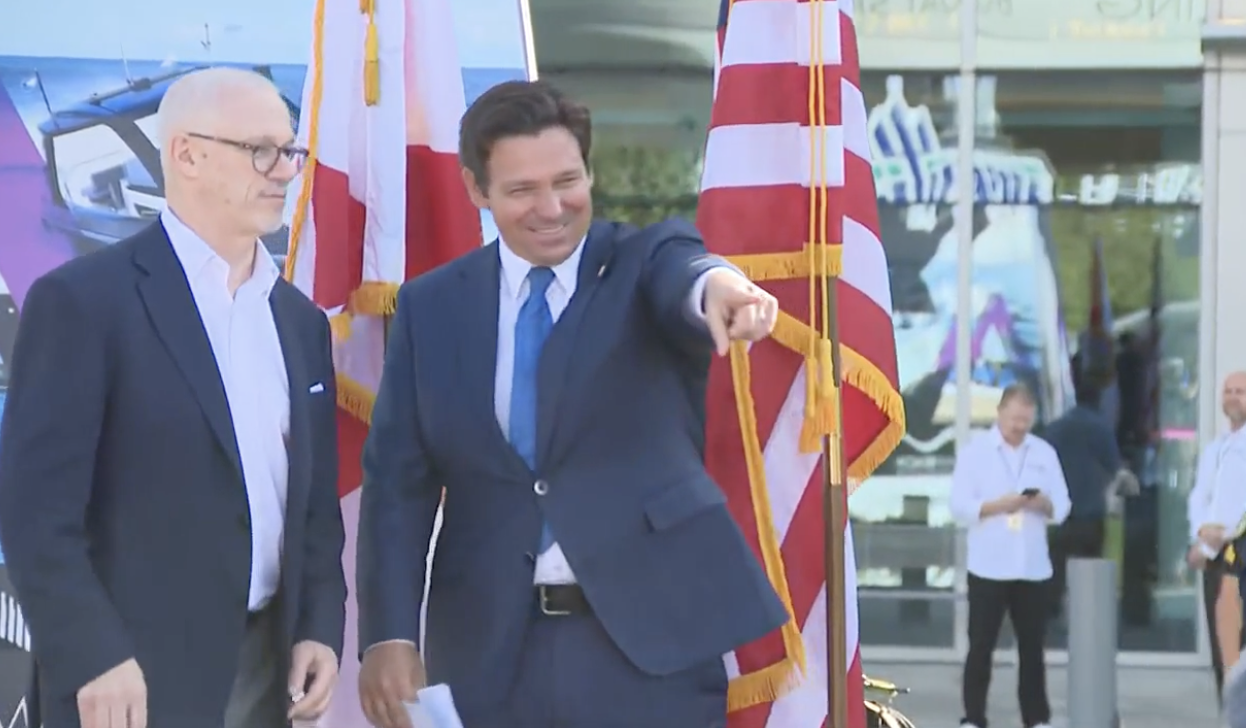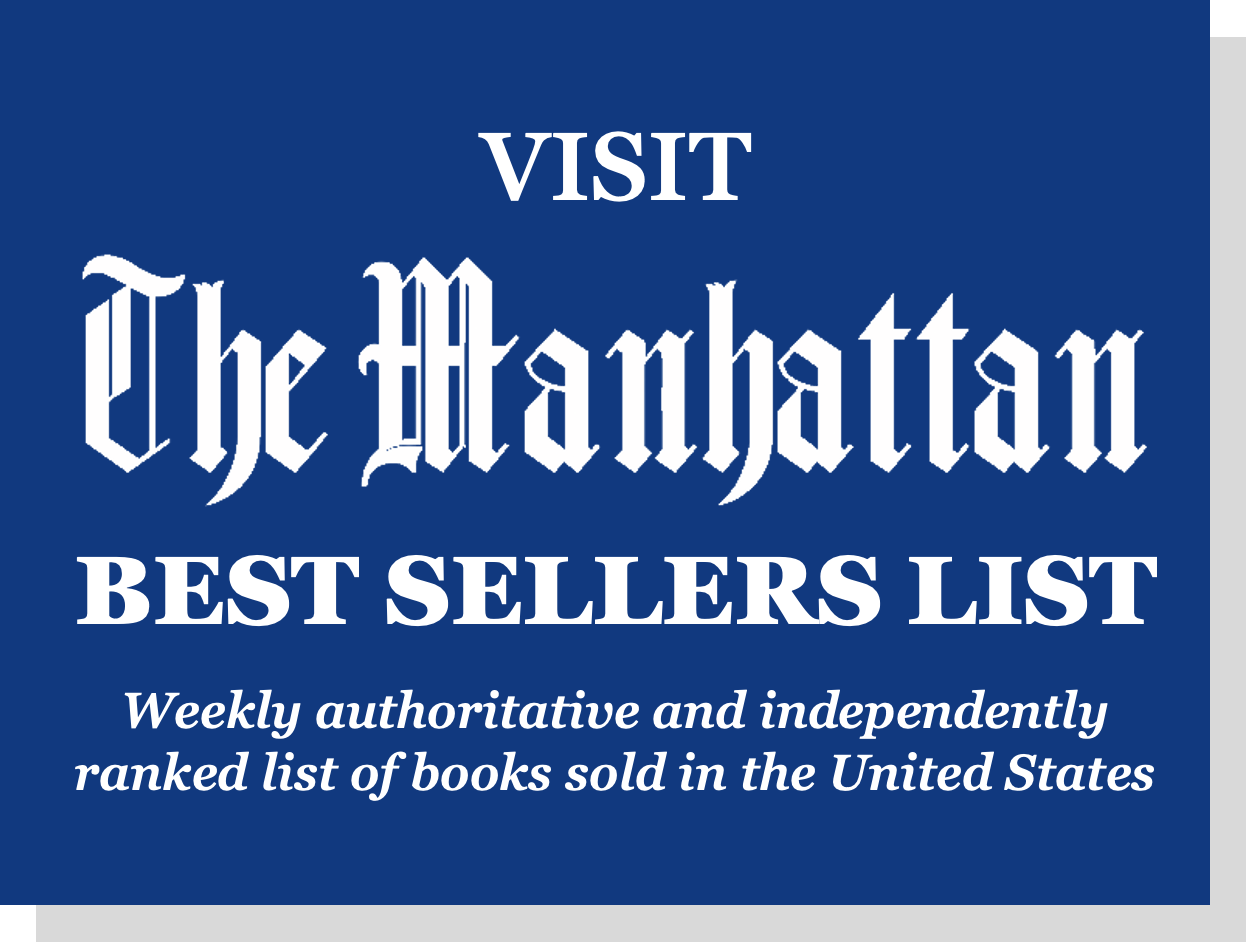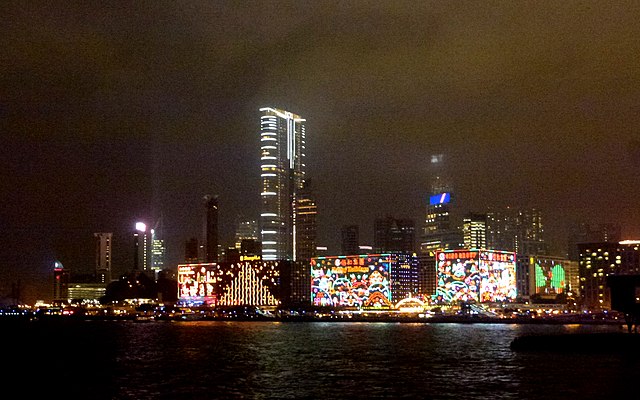
Please Follow us on Gab, Minds, Telegram, Rumble, Truth Social, Gettr, Twitter
Kowloon, Hong Kong - The city-state of Hong Kong has been absorbed into a Special Administrative Region of the People’s Republic of China, which is in effect the Mao dynasty. Chinese civilization goes back some 5,000 years, and its pattern has stayed constant: Centralized government control of an abundant but unreliable agricultural surplus, encompassing a huge multi-ethnic and multi-lingual population, while trying to live in harmony with nature. The only alternative is thought to be famine and banditry.
Global City
Hong Kong is a global city on the eastern shore of the Eurasian landmass, along the Pearl River delta, on a par with Paris at the western end of that landmass. See: https://miamiindependent.com/dispatch-from-paris/. It is the city where many successful international businesses have been founded, including the Hutchinson Whampoa, Jardine Matheson and Swire Pacific conglomerates, the Peninsula and Mandarin Oriental hotel chains, Cathay Pacific Airways, Hongkong & Shanghai Banking Corporation-HSBC and Standard Chartered Bank, as well as the South China Morning Post. Its currency, the Hong Kong Dollar, is pegged to the United States Dollar by a local currency board, and it is one of the most widely traded currencies in the world. The Hong Kong stock market is fourth in the world in trading volume.
My wife and I spent Thanksgiving Day this year in Hong Kong attending a business conference. The only other time that we have spent Thanksgiving Day overseas was 15 years ago, when we joined our daughter and a dozen other students from Pomona College, California, studying abroad for a semester in University College, Oxford, England. The college dining hall cooked what they thought was a Thanksgiving dinner for the visiting Americans. It was a noble effort, but it was not the same. So much for English cooking! Thanksgiving dinner in Hong Kong was delicious.
Hong Kong is a busy and congested city, but it is also very orderly, clean and safe. There is no smell of marijuana wafting in the streets, and few homeless people. Fortnum & Mason did well to choose Hong Kong as the location for its only store outside London. Mainland China’s one-child policy did not take effect in this city. Hong Kong is not China, and could never have been produced by Chinese civilization alone. Hong Kong combines the best of Anglo rule of law with Chinese entrepreneurship.
Imperial Administrative State
The key to feeding China and providing the agricultural surplus necessary to support its civilization has been taming its mighty but wild river systems: the Yellow river in the north (where Chinese civilization started), the Yangtze river in the center, the Pearl River in the south, and all their many tributaries. China in effect is a big infrastructure project. Think of the Hoover Dam, the Tennessee Valley Authority, the Bonneville Power Administration and more combined. Only 10% of China’s land surface is arable, compared with 25% in Europe and around half in the Midwest. Nevertheless, with proper water management, China can support a huge population.
In order to accomplish this objective, China has relied on two instruments of government: a single omnipotent emperor, served by an administrative state of so-called expert bureaucrats, selected by competitive civil-service examinations.
Confucius never read Plato, but they both came to similar conclusions about government: It should be staffed by elite expert technocrats, exempt from accountability to the ordinary people that they govern, because of the superior knowledge, wisdom and judgment of these experts. Confucius represented and codified the practice of Chinese imperial administration. Chinese farmers working in rice paddies are the victims of two parasites: micro-organisms in the water; and the imperial administrative state.
The emperors of each dynasty claimed to have a mandate from heaven to govern on earth. This was not heaven in a Western sense, but more like harmony with nature. A good emperor brought peace and good harvests, by maintaining harmony with nature. Each dynasty began with an especially virtuous emperor who received the mandate of heaven, but then the dynasty gradually dissipated its initial virtue until it lost its mandate, and it became ripe for replacement by domestic insurrection or foreign invasion.
Accordingly, the Chinese generally despise their emperors, because of their arbitrary and capricious exercise of power, but revere the best government administrators, who manage the river-taming infrastructure projects that make their civilization possible.
The imperial administrators adopted a Confucian outlook of continuity and stability, and practiced a sort of cancel culture against any alternative outlooks. As a result, although China invented gunpowder, paper, printing, mechanical gear systems (for clocks), and the magnetic compass, it failed to put them to constructive use. Most innovation was suppressed, and merchants ranked low in Confucian estimation. Even the Chinese Mandarin writing system is designed for complexity, so that it may be best used by a highly-trained bureaucracy, and it is not so useful for ordinary transactions. However, this writing system also unites the empire, because subjects from different provinces may not understand each other’s spoken language, but can understand each other’s writing.
Chinese civilization has little regard for the value of individual life. The Great Wall is said to have a worker buried in it for every yard of construction. Even today, Chinese construction contracts often stipulate that workers killed during construction may be buried on site. During the last 40 years or so, China’s one-child policy has been a complete act of pagan nihilism. China’s treatment of its Uyghur population in the province of Xinjiang (East Turkestan) has been genocidal. The Chinese administrative state is cruel and ruthless.
‘NO AD’ subscription for CDM! Sign up here and support real investigative journalism and help save the republic!‘
Chinese Global Imperialism
China has always been one of the most civilized and wealthy regions of the world. It was not until around 1800 that the West overtook China and left it behind for a while. However, even during the height of its imperial power, China has never been a global imperialist, until now.
For example, during the early 1400’s the Chinese government sent trading fleets as far as the coast of East Africa, sailing ships around 10 times the size of the caravel ships that the Portuguese were starting to sail at the same time on the Atlantic ocean. Then around 1433 the Chinese government shut down all overseas exploration and trade, while the Portuguese continued, sailing to India in 1500 and China in 1513. China’s river-based agriculture was always subject to flooding and drought, therefore famine and disruptions, leading to civil unrest and barbarian invasion. As a result, the imperial administrators were always focused inward, and opposed overseas exploration and trade.
During the 1830’s, China was a civilization in crisis, with European powers pressing in from the Pacific shore, and internal unrest brewing in the provinces. Into this disorder, the British authorities introduced opium produced mostly in India, in order to further debilitate the Chinese population. Today China is attempting to pay back the West in kind, by introducing Fentanyl into the American population through our porous southwest border, as well as the Tik Tok app, both poisoning the minds of our young people.
Since 1979 or so, however, China has achieved a high level of lasting prosperity, and as a result has started to look to defending its borders, especially the South China Sea, and exerting power beyond them.
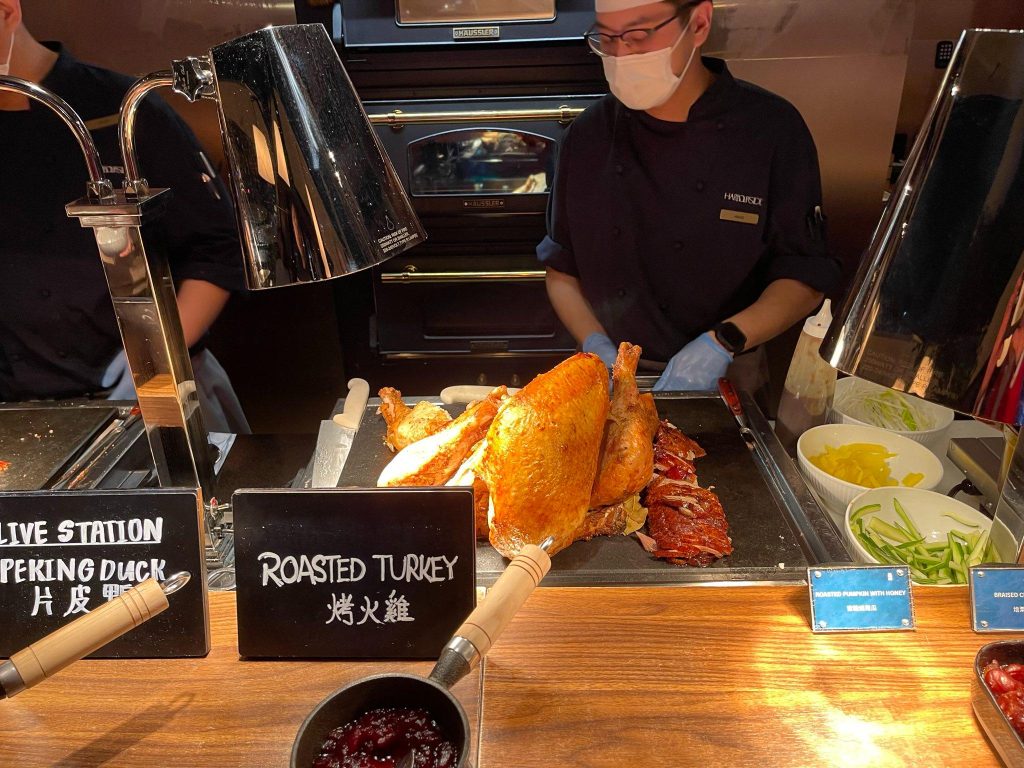
New Model China
Chairman Mao Zedong, the first emperor of the Mao Dynasty, took office in 1949 and led China into economic disasters with the Great Leap Forward of 1958-62, and the Cultural Revolution of 1966-76. However, after his death ended that turmoil, starting around 1979 his successor, Deng Xiaoping, relaxed the requirements of socialist ideology and instead implemented more laissez faire economic policies. China started following the export-driven economic growth model of other East Asian countries, like Japan, South Korea, Taiwan, Hong Kong and Singapore. Some say that today there are more socialists in Cambridge, Massachusetts than in the whole of China.
This liberalization of economic policies did not mean a liberalization of politics, as many Western observers had hoped. The government’s brutal repression of the liberty demonstrations in Tiananmen Square during June 1989 showed that politics remained under government control.
However, the economic liberalization since then, following the East Asian export model, has brought China to a level of prosperity unprecedented in its history. China no longer has to worry about famine or banditry. Instead, China has focused on building up high-tech industries and pursued global leadership. This means leading what is called the Fourth Industrial Revolution, driven by artificial intelligence, robotics and big data applications to supply-chain management, infrastructure, medical care and other fields.
China is also working to replace the United States Dollar as the global reserve currency with its own currency, or a combination of currencies from the BRICS countries: Brazil, Russia, India, China, South Africa and all others that may join them. China has come to treat the United States as it has treated barbarian countries on its frontiers for millenia: Bribe and otherwise suborn their leadership class, debilitate their ordinary population, and make the country dependent on the Middle Kingdom.
China has also established the Belt and Road Initiative, an infrastructure finance program for projects throughout Eurasia and into Africa and Latin America, intended to lure unsuspecting countries into its debt-peonage imperialism. It provides extensive financing for ambitious infrastructure projects. These projects are often too ambitious, leading to default by the client country and foreclosure by China, thereby bringing those countries into the orbit of the Chinese empire. Countries like Sri Lanka and Pakistan are recent victims, and Italy is only now escaping its clutches. In addition, Chinese companies operate both sides of the Panama Canal, and Chinese government agencies have set up surveillance stations in Cuba.
Hong Kong dissidents say not to trust China:
For great power players in geopolitics, this may seem like a crude warning, but warranted under the circumstances. The Chinese people are very bright and enterprising, and their strong family structures help them to make the most of their abilities, but they are held back by the despotism of their administrative state.









